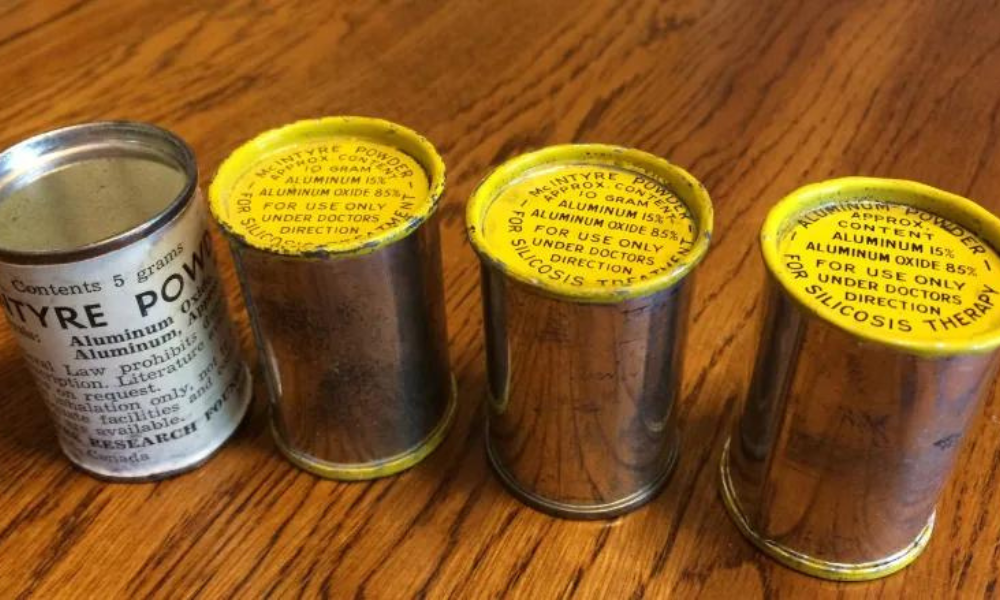'We know an apology will not bring your loved ones back, it will not ease the pain and sadness so many of you have faced'

The Ontario government has finally given a long-awaited apology to the workers who were exposed to McIntyre Powder for over three decades, and to their families.
"While we know an apology will not bring your loved ones back, it will not ease the pain and sadness so many of you have faced. This tragedy should not have happened to you," Monte McNaughton, minister of labour, immigration, training and skills development, said in the Legislature, with a group of about 30 people, including former miners exposed to McIntyre Powder and their families in attendance.
"It should not have happened to your loved ones. And to each and every one of you, on behalf of the people of Ontario, we are truly sorry."
In April, McNaughton acknowledged that the use of McIntyre Powder was wrong and talked about commitments to funding the government has made. However, he did not make an official apology.
Sudbury MP Jamie West, who has advocated for individuals affected by McIntyre Powder and their families, also asked for forgiveness.
"We are here to tell you we are sorry," he said, according to the CBC report.
"The use of McIntyre Powder was sanctioned by the government of Ontario. It was not fair for the 25,000 Ontario miners. It was not fair for their friends, for their families."
The McIntyre Powder was used as a method to prevent miners from developing silicosis at many mines in northern Ontario between 1943 and 1979. The province’s records reveal 27,500 miners were exposed to aluminum dust. The dust was also used in mines in Quebec, British Columbia, Manitoba, Saskatchewan and the Northwest Territories as well as the United States and around the world.
“Everybody had to walk through it,” said Ray Mills, who worked at four of the five Rio Alco mines in Elliot Lake, Ont. for 29 years. “If you happened to be there when they turned the air on, it was a big black cloud of it… The canister was about the size of a soup can. He might put two cans out before each shift.”
A WSIB-commissioned study completed in 2020 by Dr. Paul Demers found a statistically significant increased risk of Parkinson’s disease in miners exposed to the powder. Earlier this year, Ontario made amendments to a regulation under the Workplace Safety and Insurance Act to formally recognize Parkinson’s as an occupational disease linked to McIntyre Powder exposure.





